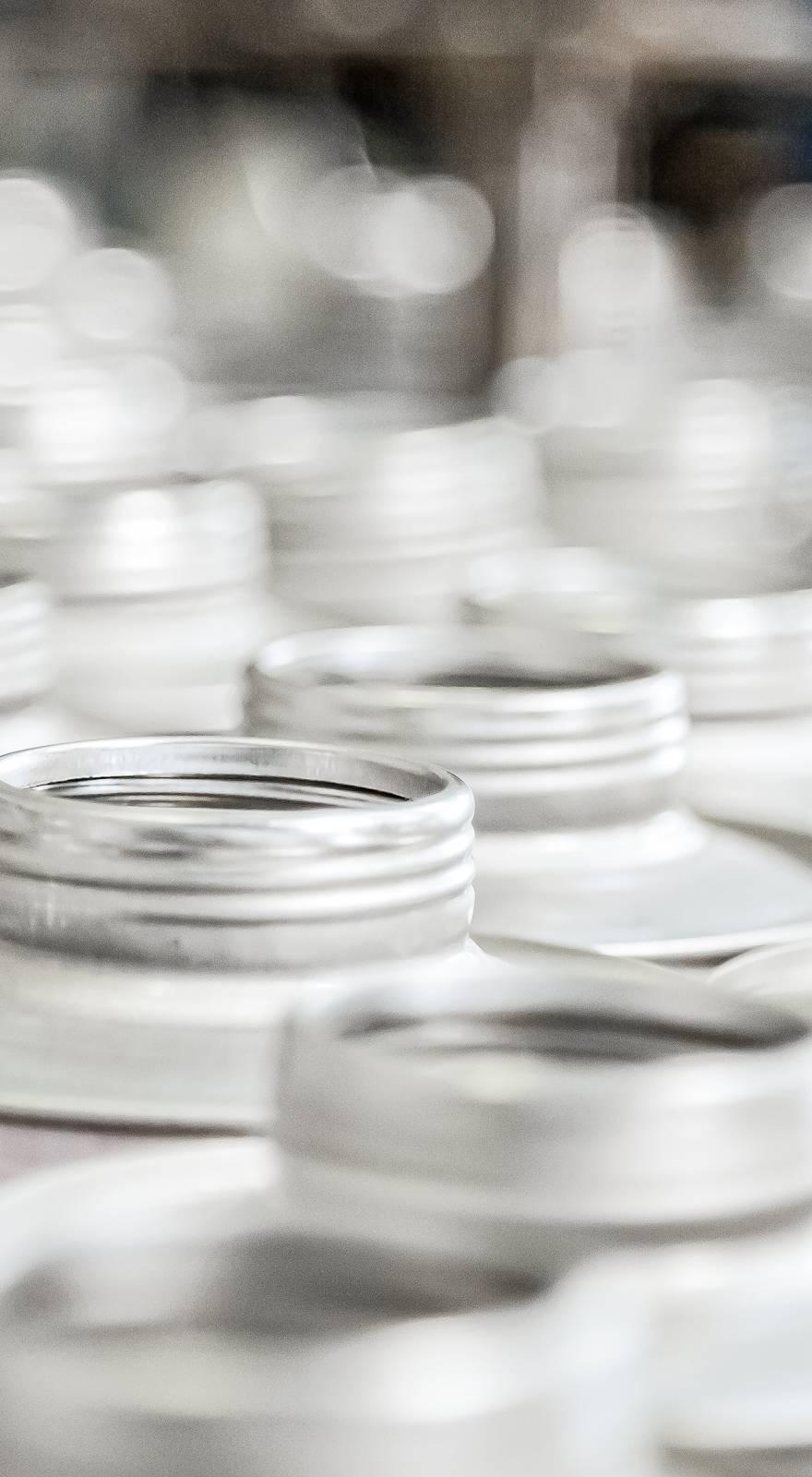Knowde Enhanced TDS
Identification & Functionality
- Chemical Family
- Product Type
- Technologies
Features & Benefits
- Ready-to-Use Product Features
- Features & Benefits
- High tensile strength for superior structural bonding
- Excellent adhesion to many plastics including acrylic and polycarbonate
- Convenient 1:1 by volume mix ratio providing side by side cartridge dispensing options
- Fast room temperature cure
- Medium viscosity with colorless bond line
- ISO 10993-5 certified
Applications & Uses
- Applications
- Instructions
- Bring both components to room temperature prior to mixing.
- Cartridge format: Mixer should be attached keeping the cartridge vertical and any air pocket purged this way. After the mixer contains material, the mixer tip can be dropped to dispense pre-bleed amount. Attach a new static mixer with each cartridge, then pre-bleed the first 3 inches of dispensed material or until a uniform color is obtained. Maintain adequate velocity during dispensing to ensure complete mixing.
- Bulk format: weigh and mix parts A and B accurately and thoroughly, scraping sides of container often. Do not pour from mixing container, transfer to a new container as residual unmixed material may cause a tacky spot on the surface of the casting. Maintain adequate velocity during dispensing to ensure complete mixing.
- Allow to cure undisturbed until product is fully gelled or tack-free to the touch.
- Clean up uncured resin with suitable organic solvent such as MEK, acetone or other organic solvent.
Properties
- Typical Properties
| Value | Units | Test Method / Conditions | |
| Mix Ratio | Part A to Part B | - | - |
| Mix Ratio (By Weight) | 1.02:1 | - | - |
| Mix Ratio (By Volume) | 1:1 | - | - |
| Cure Schedule (at 25°C) | 24.0 | h | - |
| Cure Schedule (at 65°C) | 30.0 | min | - |
| Cure Schedule (at 100°C) | 10.0 | min | - |
| Viscosity (Part A,Rheometer parallel plate 25mm at 1/s) | 17000.0 | cps | - |
| Viscosity (Part B,Rheometer parallel plate 25mm at 1/s) | 3900.0 | cps | - |
| Viscosity (Mixed Rheometer parallel plate 25mm at 1/s) | 10500.0 | cps | - |
| Specific Gravity (Part A) | 1.18 | - | - |
| Specific Gravity (Part B) | 1.16 | - | - |
| Specific Gravity (Mixed) | 1.17 | - | - |
| Pot Life (Defined as the time it takes for initial mixed viscosity to double, Rheometer parallel plate 25mm at 1/s) | 6.0 | min | - |
| Gel Time (100cc sample) | 8.0 | min | - |
| Glass Transition Temperature (Tg) | 33.0 | °C | DSC |
| Hardness | 72.0 | Shore D | ASTM D2240 |
| Water Absorption (after 24 hours) | 0.13 | % | ASTM D570 |
| Peak Exotherm (after 12 minutes for 40mL sample) | 89.0 | °C | Type K thermocouple |
| Tensile Strength | 5700.0 | psi | - |
| Tensile Elongation | 9.0 | % | - |
| Tensile Modulus | 280000.0 | psi | - |
| Lap Shear Strength (0.010” bond line Al to Al) | 2100.0 | psi | ASTM D1002 |
| Lap Shear Strength (0.010” bond line, 304 Stainless Steel to 304 Stainless Steel) | 2500.0 | psi | ASTM D1002 |
| Lap Shear Strength (0.010” bond line, Polycarbonate to Polycarbonate) | 1800.0 | psi | ASTM D1002 |
| Lap Shear Strength (0.010” bond line Acrylic to Acrylic) | 1300.0 | psi | ASTM D1002 |
| Lap Shear Strength (0.010” bond line, PVC to PVC) | 1000.0 | psi | ASTM D1002 |
| Lap Shear Strength (0.010” bond line, ABS to ABS) | 1000.0 | psi | ASTM D1002 |
| Compressive Yield Strength | 7000.0 | psi | ASTM D695 |
| Compressive Strength | 28000.0 | psi | ASTM D695 |
| Compressive Modulus | 176000.0 | psi | ASTM D695 |
| Thermal Conductivity (by LFA) | max. 0.1 | W/mK | ASTM E1461 |
| Coefficient of Thermal Expansion (by TMA, 5°C/min, below Tg) | 71.0 | ppm/°C | ASTM E831 |
| Coefficient of Thermal Expansion (by TMA, 5°C/min, above Tg) | 205.0 | ppm/°C | ASTM E831 |
| Biocompatibility Biological Evaluation of Medical Devices | Passes ISO 10993-5 | - | MEM Elution Test |
| Operating Temperature Range | -40 to 125 | °C | - |
| Relative Thermal Index (RTI) | 50.0 | °C | UL746B |
Packaging & Availability
- Packaging Type
Storage & Handling
- Shelf Life And Storage
- 6 months at 25 °C Bulk.
- 12 months at 25 °C in cartridges that are foil bagged and desiccant packed.
- Isocyanates are sensitive to moisture and should be kept in their original container or in a volume tank under dry nitrogen blanketing. Many isocyanates are prone to dimerization, the formation of a white precipitate. Products with minor amounts of this precipitate normally cure to full properties. Storage at 20 – 30 °C (68 °F to 86 °F) is recommended to ensure full shelf life.

